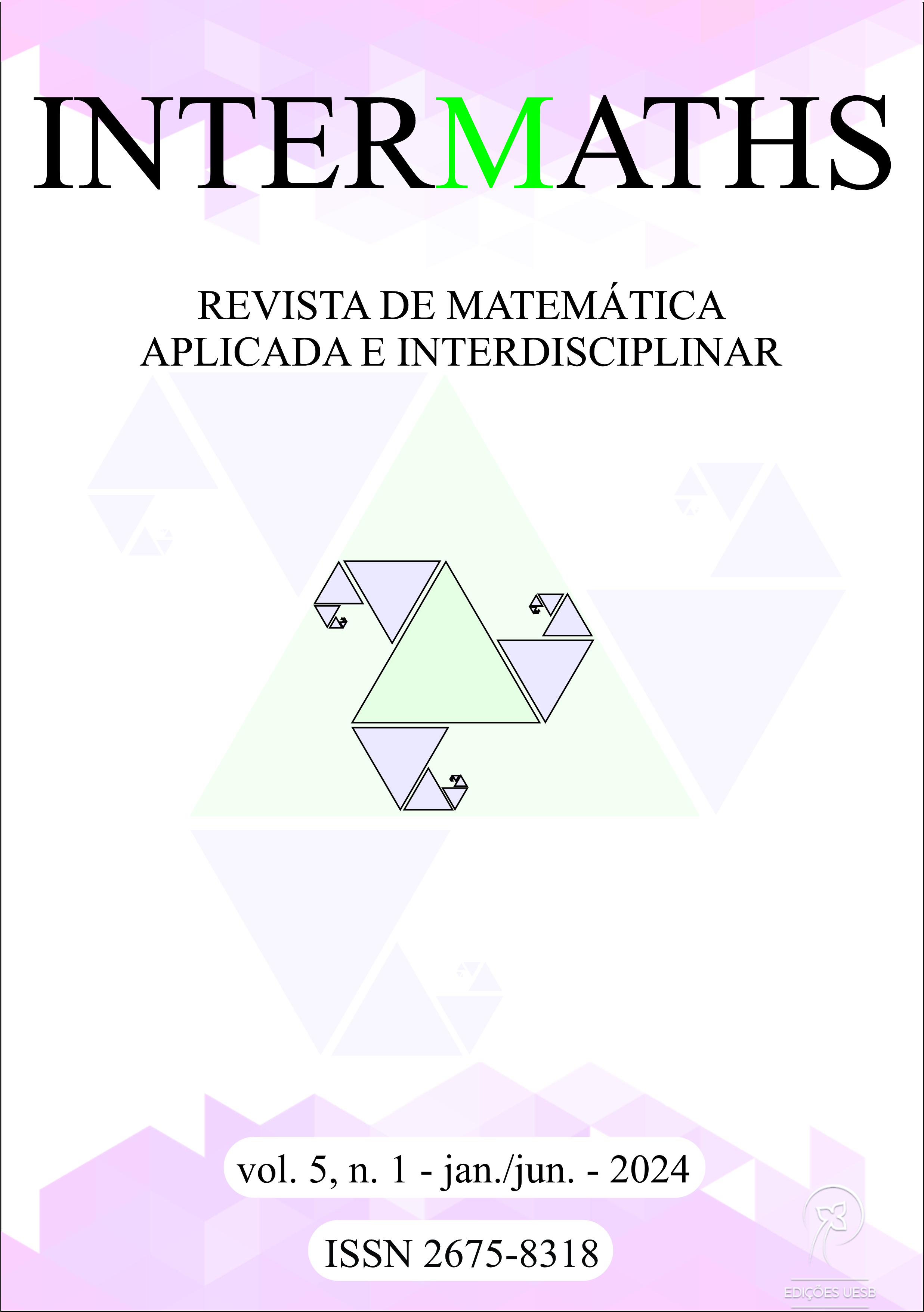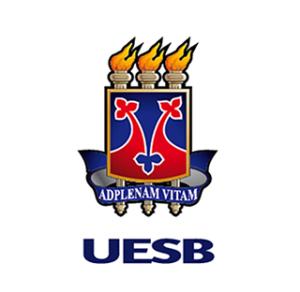Integral linear quadratic regulator for Markovian jump linear systems subject with exogenous inputs
DOI:
https://doi.org/10.22481/intermaths.v5i1.14689Keywords:
Regulator, Optimal Control, Markovian Systems, Discrete-time, Disturbances, Integral ActionAbstract
In this paper, the problem of linear quadratic regulation with integral action and external
disturbances rejection is addressed for Markovian Jump Linear Systems. Problem solu-
tion is based on augmented state and the method of constrained weighted least squares.
Numerical examples are presented to demonstrated to efficiency of the proposed regulator.
Downloads
Metrics
References
A.A. Siqueira, M.H. Terra, ”A fault tolerant manipulator robot based on H2, H∞, and mixed H2/H∞ Markovian controls”, Proceedings of the IEEE International Conference on Control Applications, vol. 1, pp. 309 - 314, 2004.
A. N. Vargas, E. F. Costa, J.B.R. do Val, ”Finite-time stability, homogeneity, homogeneous systems, implicit Lyapunov function, non-aymptotic stabilization, sliding mode control, uncertain systems”, International Journal of Robust and Nonlinear Control, vol. 23, no. 10, pp. 1136 - 1150, 2013.
Z. Matjacicand T. Bajd, ”Arm-free paraplegic standing–Part I: Control model synthesis and simulation”, IEEE Transactions on Rehabilitation Engineering, vol. 6, no. 2, p. 125 - 138, 1998.
A. P. Blake, F. Zampolli, ”Optimal policy in Markov-switching rational expectations models”, Journal of Economic Dynamics and Control, vol. 35, no. 10, p. 1626 - 1651, 2011.
D. Sworder, ”Feedback control of a class of linear systems with jump parameters”, IEEE Transactions on Automatic Control, vol. 14, no. 1, p. 9 - 14, 1969.
H. J. Chizeck, A. S. Willsky, D. Castanon, ”Markovian Jump Linear Quadratic Optimal Control in Discrete Time”, Proceedings of the IEEE Conference on Decision and Control, vol. 3, p. 1138-1142, 1983.
H. J. Chizeck, A. S. Willsky, D. Castanon, ”Discrete-time markovian-jump linear quadratic optimal control”, International Journal of Control, vol. 43, no. 1, p. 213 - 231, 1986.
H. Abou-Kandil, G. Freiling, G. Jank, ”On the solution of discrete-time Markovian jump linear quadratic control problems”, Automatica, vol. 31, no. 5, p. 765 - 768, 1995.
A. K. Singh, B. C. Pal, ”An extended linear quadratic regulator for LTI systems with exogenous inputs”, Automatica, vol. 76, p. 10 - 16, 2017.
G. Ma, X. Liu, P. R. Pagilla, ”Repetitive Control of Discrete-Time Markov Jump Linear Systems”, Proceedings of the American Control Conference, vol. 6, p. 4546 - 4551, 2018.
G. Nakura, ”Stochastic optimal tracking with preview by state feedback for linear discrete
time markovian jump systems”, International Journal of Innovative Computing, Information and Control, vol. 6, no. 1, p. 15 - 27, 2010.
G. Nakura, ”Stochastic Optimal Tracking with Preview for Linear Continuous-Time Markovian Jump Systems by Output Feedback”, Proceedings of the ISCIE International Symposium on Stochastic Systems Theory and its Applications, p. 13 - 21, 2015.
N. Birla, A. Swarup, ”Optimal preview control: A review”, Optimal Control Applications and Methods, vol. 36, no. 2, p. 241 - 268, 2015.
J. Wu, F. Liao Z. Xu, ”Preview control for a class of linear stochastic systems with multiplicative noise”, International Journal of Systems Science, vol. 50, no. 14, p. 2592 - 2603,
T. Holzhuter, ”Optimal regulator for the inverted pendulum via Euler-Lagrange backward integration”, Automatica, vol. 40, no. 9, p. 1613 - 1620, 2004.
M. Akhtaruzzaman, A. A. Shafie, ”Modeling and control of a rotary inverted pendulum using various methods, comparative assessment and result analysis”, Proceedings of 2010 IEEE International Conference on Mechatronics and Automation, ICMA 2010, p. 1342 -1347, 2010.
K. Yoshida, ”Swing-up control of an inverted pendulum by energy-based methods”, Proceedings of the American Control Conference, vol. 6, no. 6, p. 4045 - 4047, 1999.
C. M. Mitschka and , M. H. Terra, A. A. G. Siqueira, , ”Derivation of a Markovian controller for an exo-skeleton by overcome the benchmarks of a single and double inverted pendulum” Proceedings of the IEEE Conference on Decision and Control, p. 5061 - 5066, 2015.
A. T. Safa, A. Nouriani, A. Alasty, ”Stable handspring maneuvers with passive flight phases: Results from an inverted pendulum-like template”, International Journal of Non-Linear Mechanics, vol. 128, p. 103606, 2021.
K. Furuta, M. Yamakita, S. Kobayashi, ”Swing-up Control of Inverted Pendulum Using Pseudo-State Feedback”, Proceedings of the Institution of Mechanical Engineers, Part I: Journal of Systems and Control Engineering, vol. 206, no. 4, p. 263 - 269, 1992.
J. P. Cerri and M. H. Terra, ”Recursive Robust Regulator for Discrete-Time Markovian Jump Linear Systems,”IEEE Transactions on Automatic Control, vol. 62, no. 11, p. 6004 - 6011, 2017.
V. S. Madureira, T.P. das Chagas, G. Q. de Jesus, ”Integral linear quadratic Gaussian regulator subject to unknown inputs: application in photovoltaic systems”, International Journal Dynamic Control, 2023.
Downloads
Published
How to Cite
Issue
Section
License
Copyright (c) 2024 INTERMATHS

This work is licensed under a Creative Commons Attribution 4.0 International License.
- Responsibility: The scientific content and the opinions expressed in the manuscript are the sole responsibility of the author(s).
- Copyrights: INTERMATHS.
- All content of Revista INTERMATHS/INTERMATHS journal is licensed under a Creative Commons - Atribuição 4.0 Internacional







